On November 19, less than six months after Iran and the P5+1 reached a historic nuclear deal, Egyptian President Abdel Fattah al-Sisi signed two agreements with Russia to finance and build Egypt’s first nuclear power plant. Under the agreement, the two countries will build and operate four 1,200-megawatt reactors in the northwestern city of Dabaa along the Mediterranean coast.
The announcement came just days before Turkish authorities shot down a Russian fighter jet for allegedly violating its airspace. Now, the unfolding Russian–Turkish crisis could potentially enhance Cairo’s standing as it seeks to help shape events by establishing itself as an actor to be reckoned with within the region’s ever changing alliances. Already, Moscow and Riyadh are jockeying for Egypt’s support on Syria as they both seek to take advantage of Sisi’s known opposition to political Islam to advance their respective regional agendas. By deepening anti-terrorism cooperation with Egypt, especially in the recent aftermath of the downing of a Russian passenger plane over Sinai, Moscow hopes to strengthen its regional foothold. Saudi Arabia denounced the recent Russian military intervention in Syria, seeing it as an attempt by Moscow to preserve the Assad regime, an ally of Iran, Riyadh’s main regional rival.
Read the full article on Foreign Affairs.
The views represented herein are the author's or speaker's own and do not necessarily reflect the views of AGSI, its staff, or its board of directors.

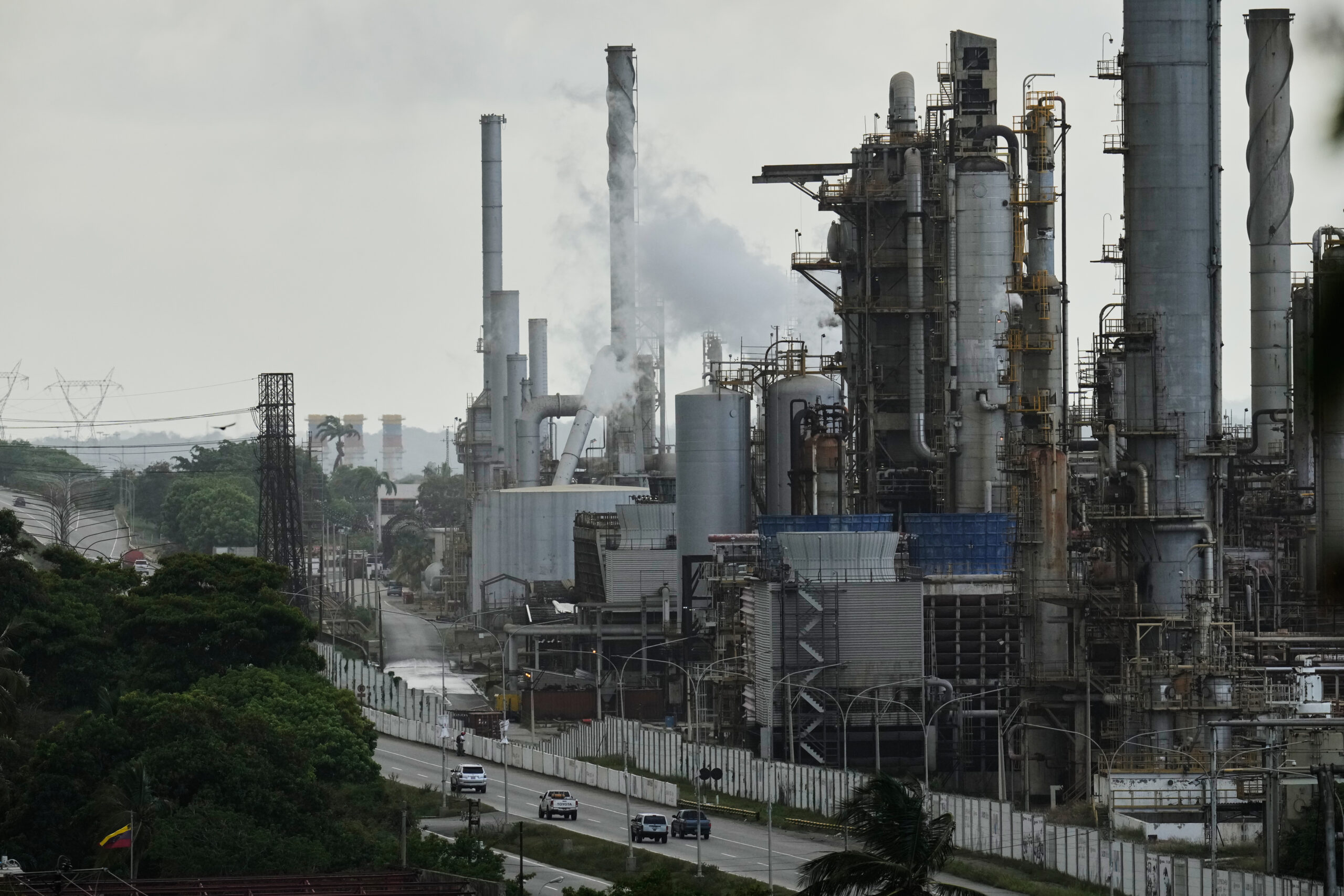



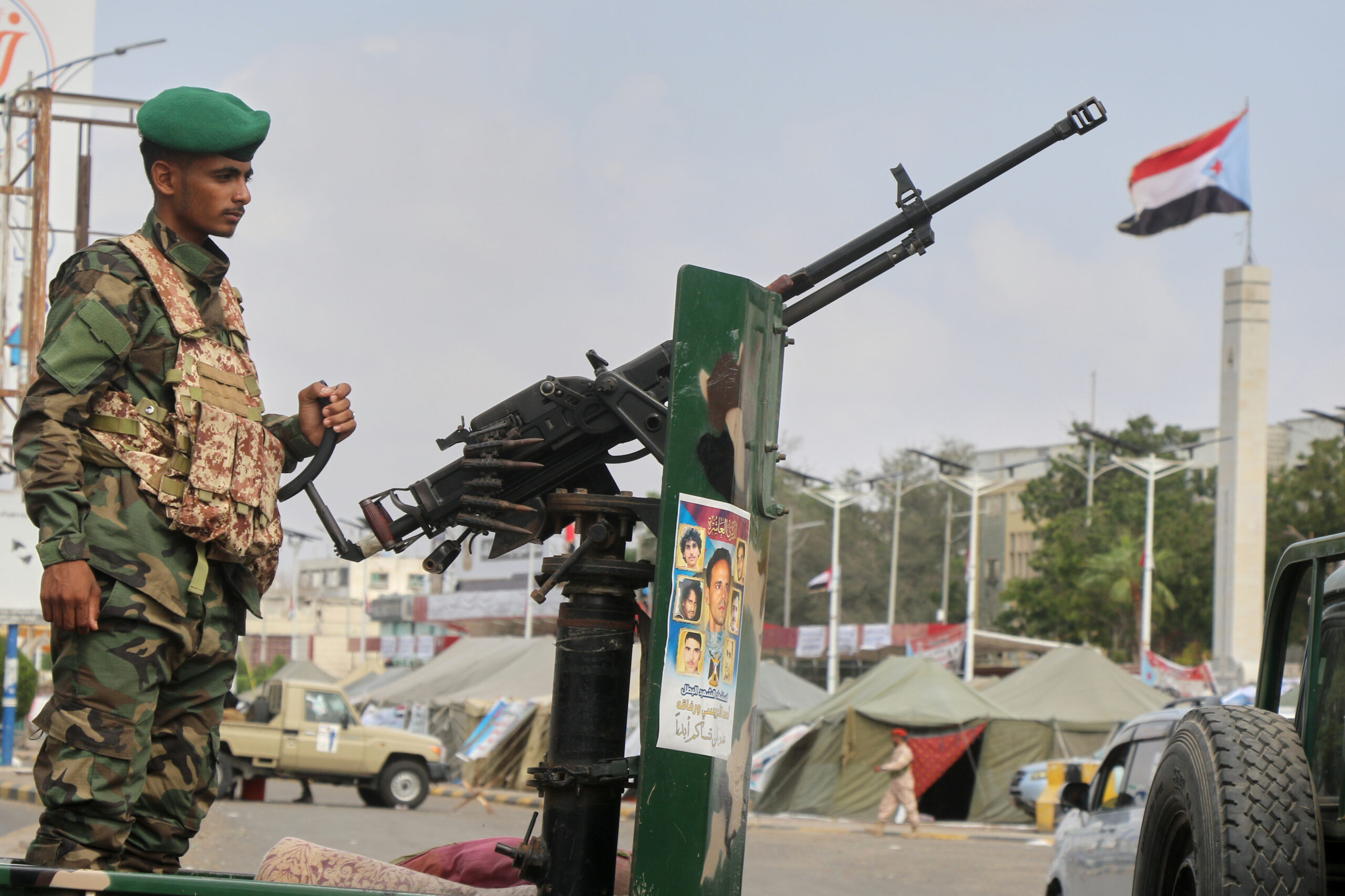

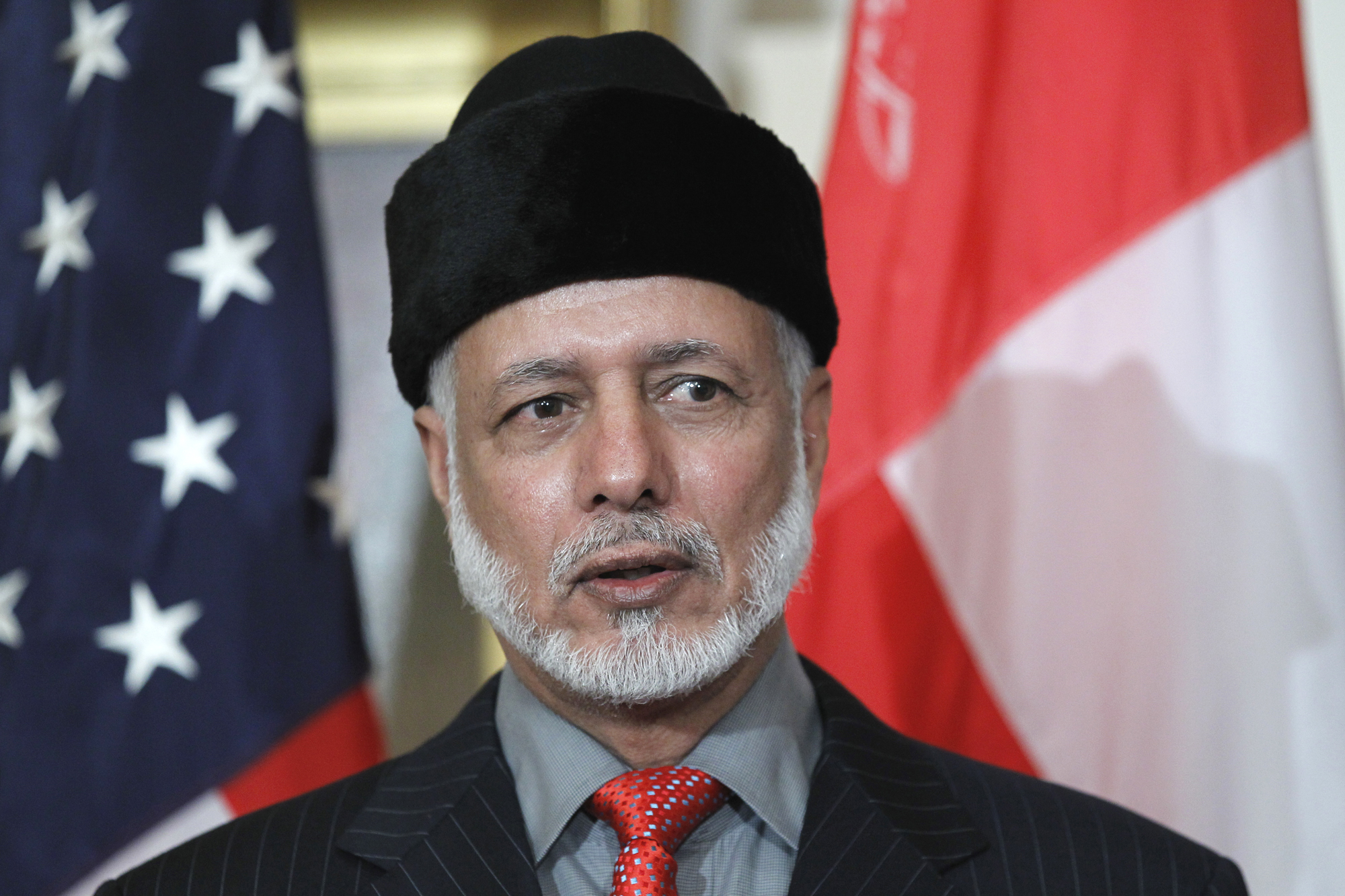
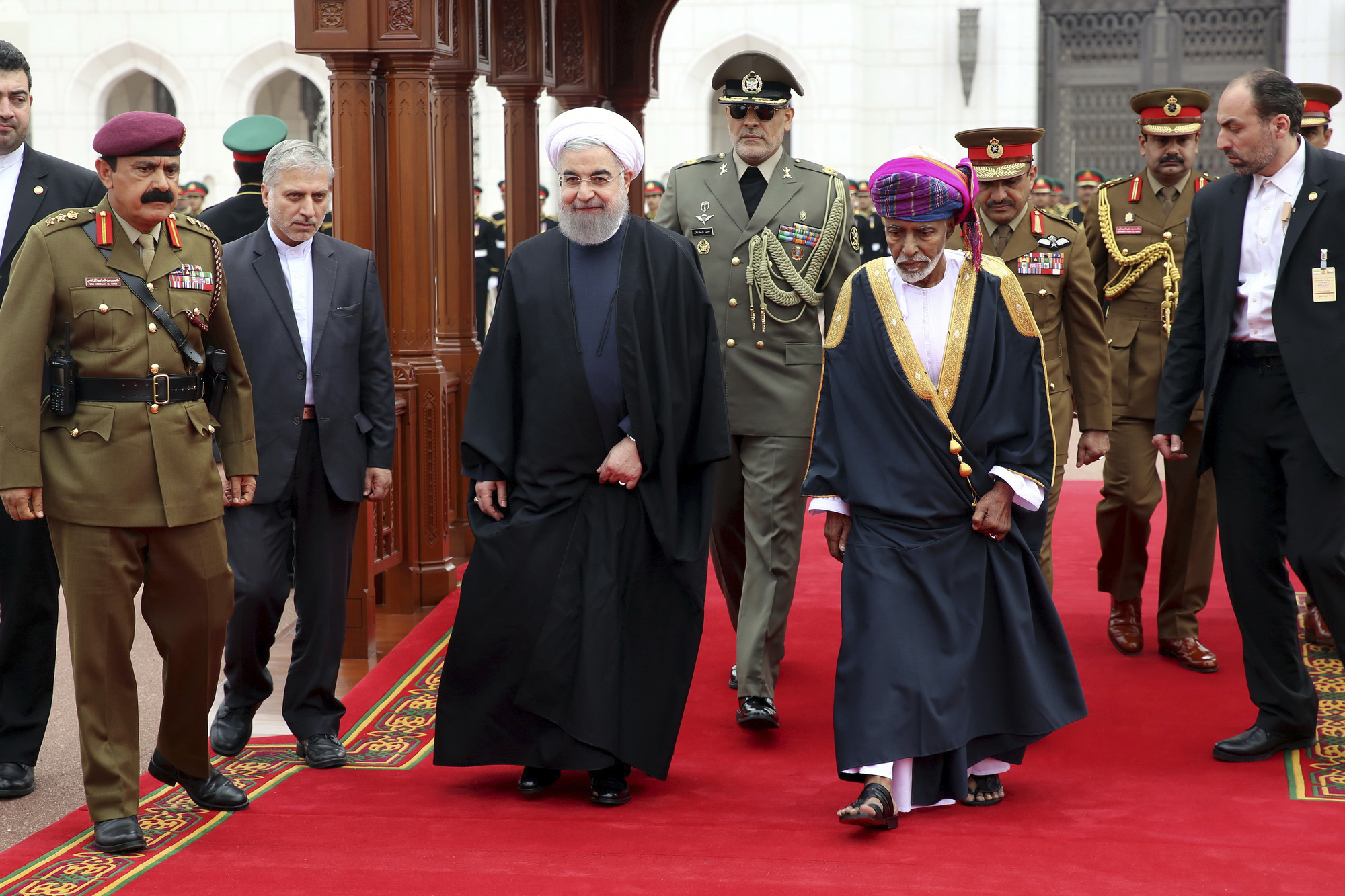
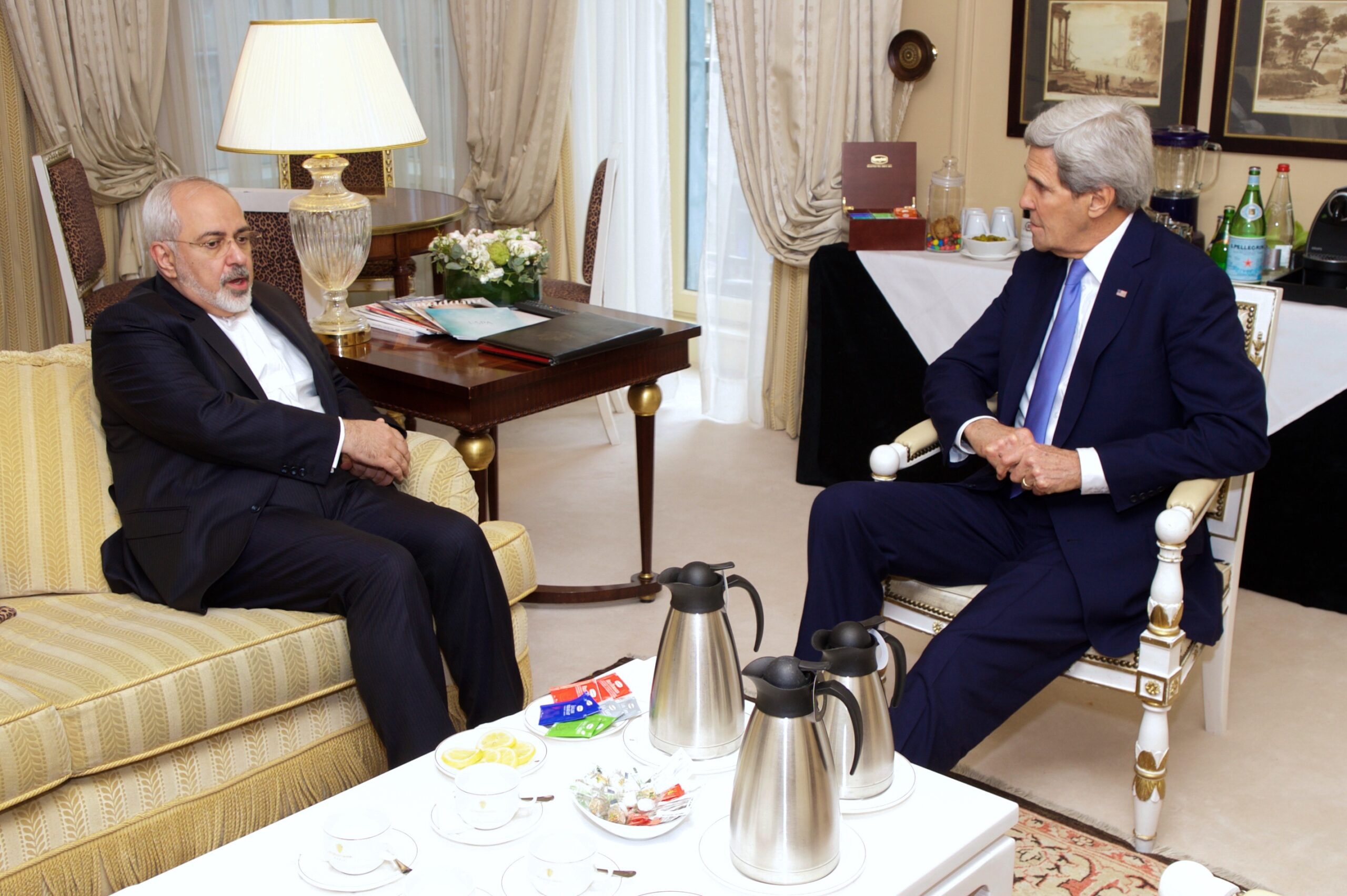

Dec 9, 2015
A Nuclear Nile: The Politics Behind Egypt’s Quest For Nuclear Energy
On November 19, less than six months after Iran and the P5+1 reached a historic nuclear deal, Egyptian President Abdel Fattah al-Sisi signed two agreements with Russia to finance and build Egypt’s first nuclear power plant. Under the agreement, the two countries will build and operate four 1,200-megawatt reactors in the northwestern city of Dabaa along the Mediterranean coast. The announcement...
2 min read